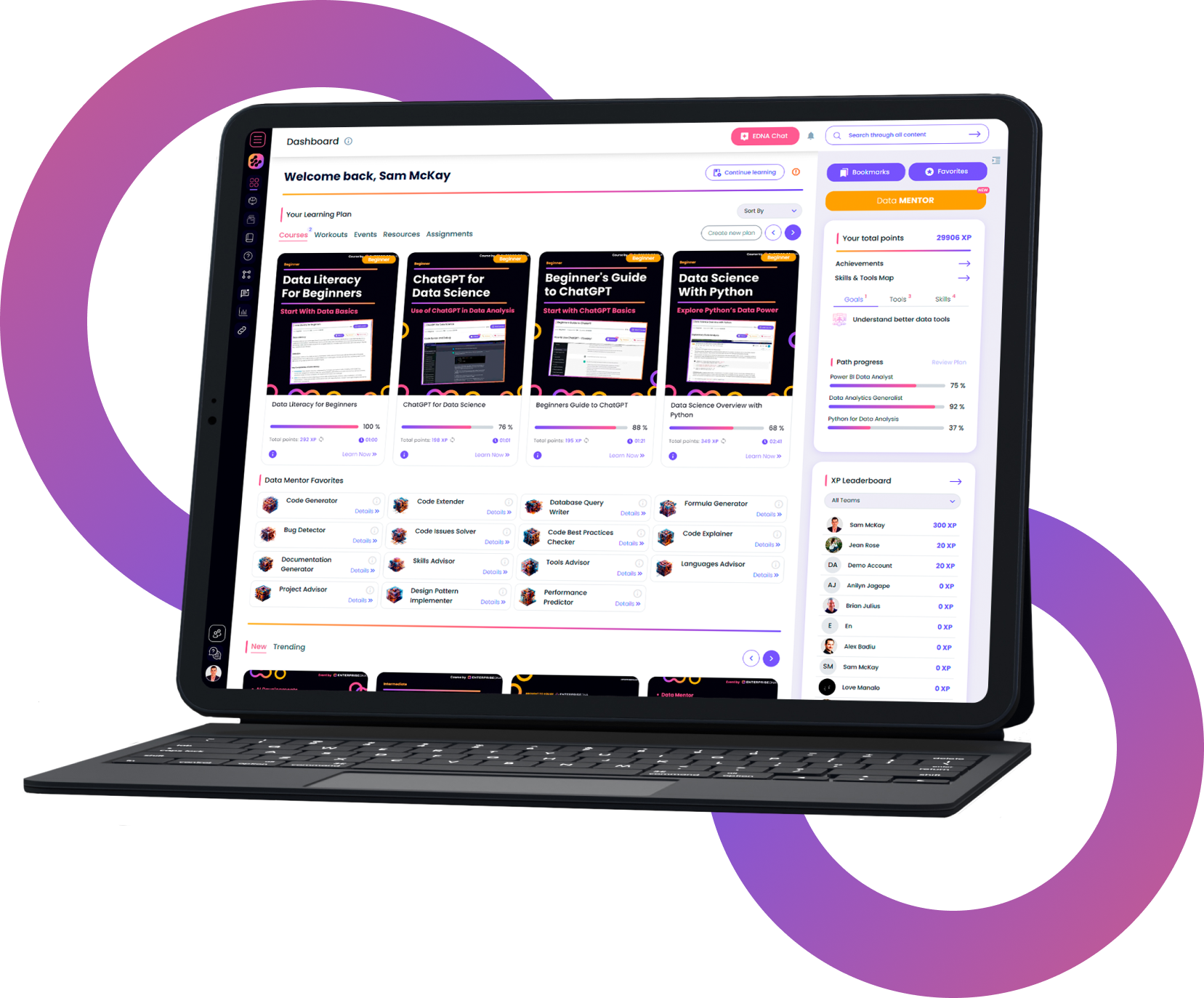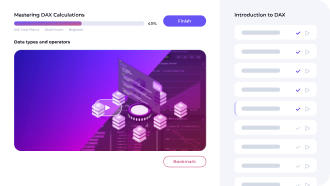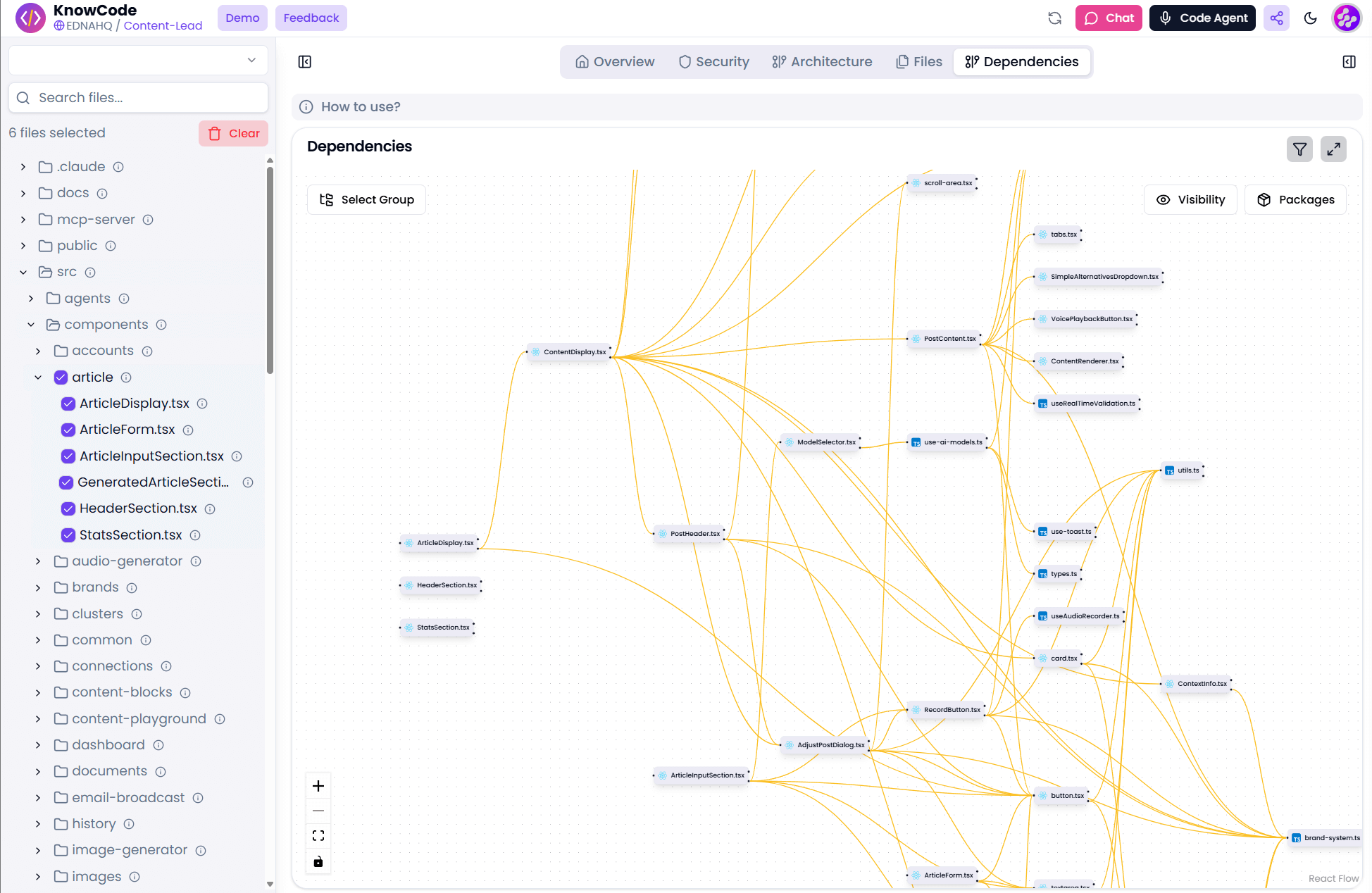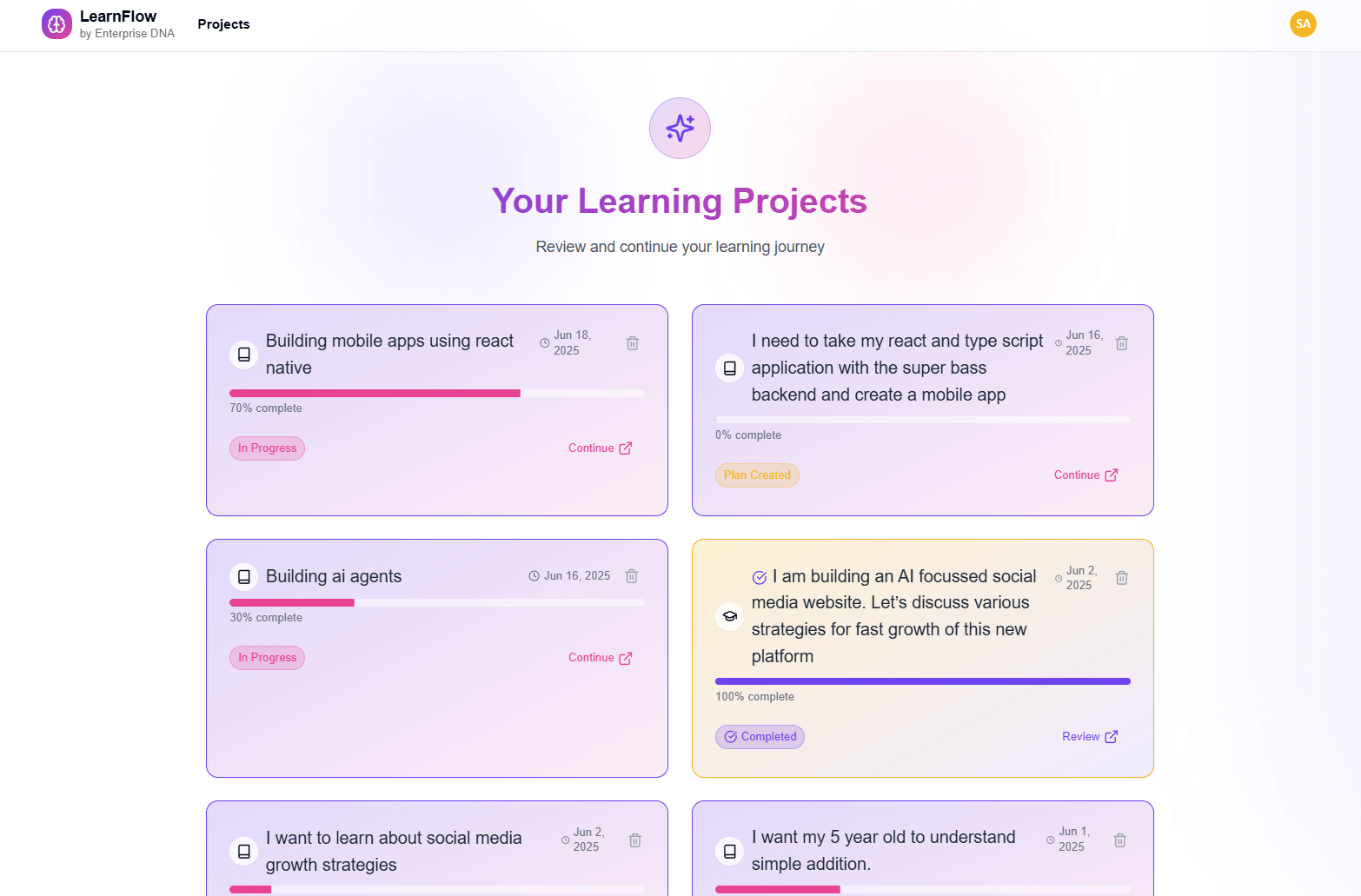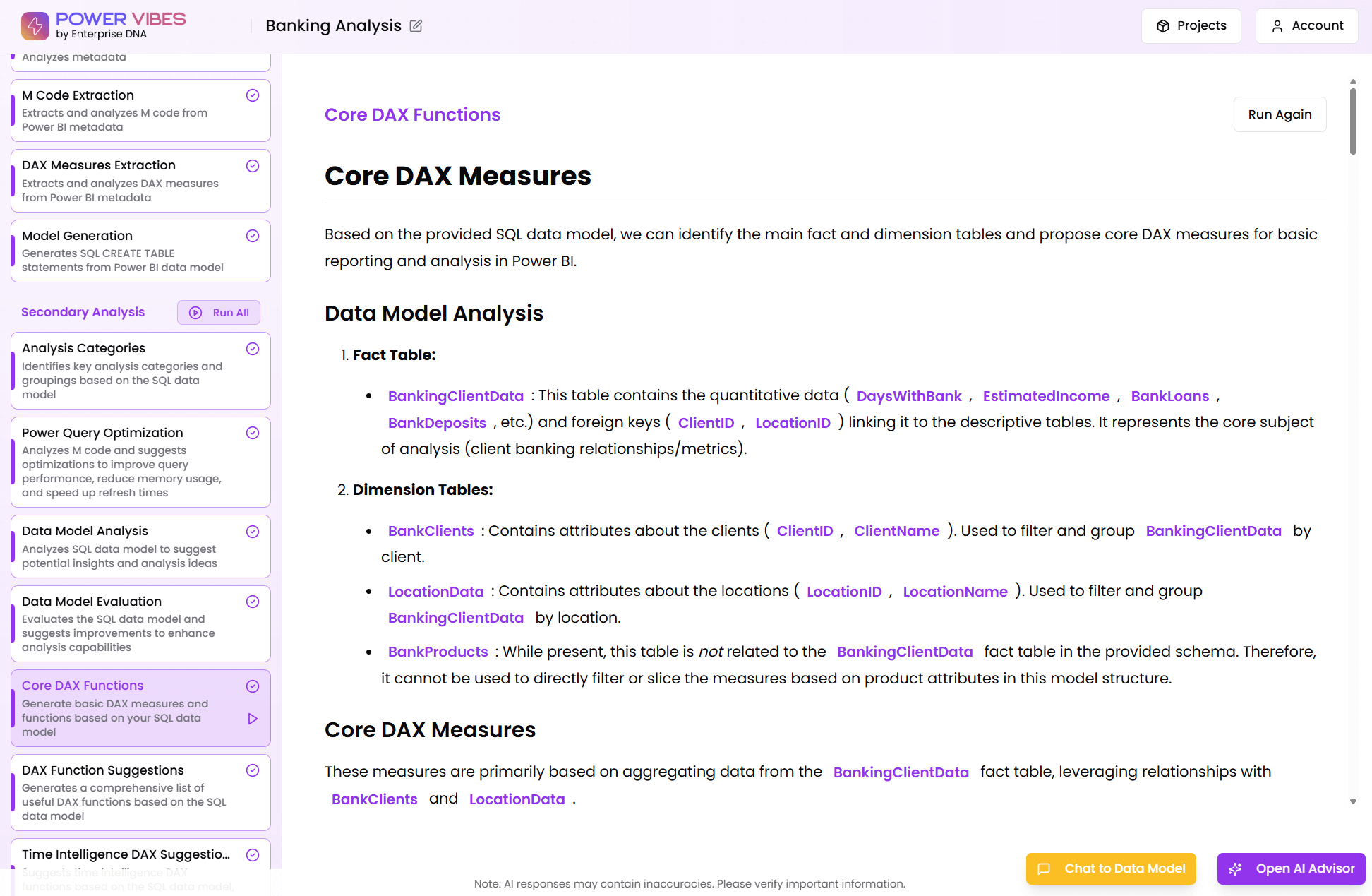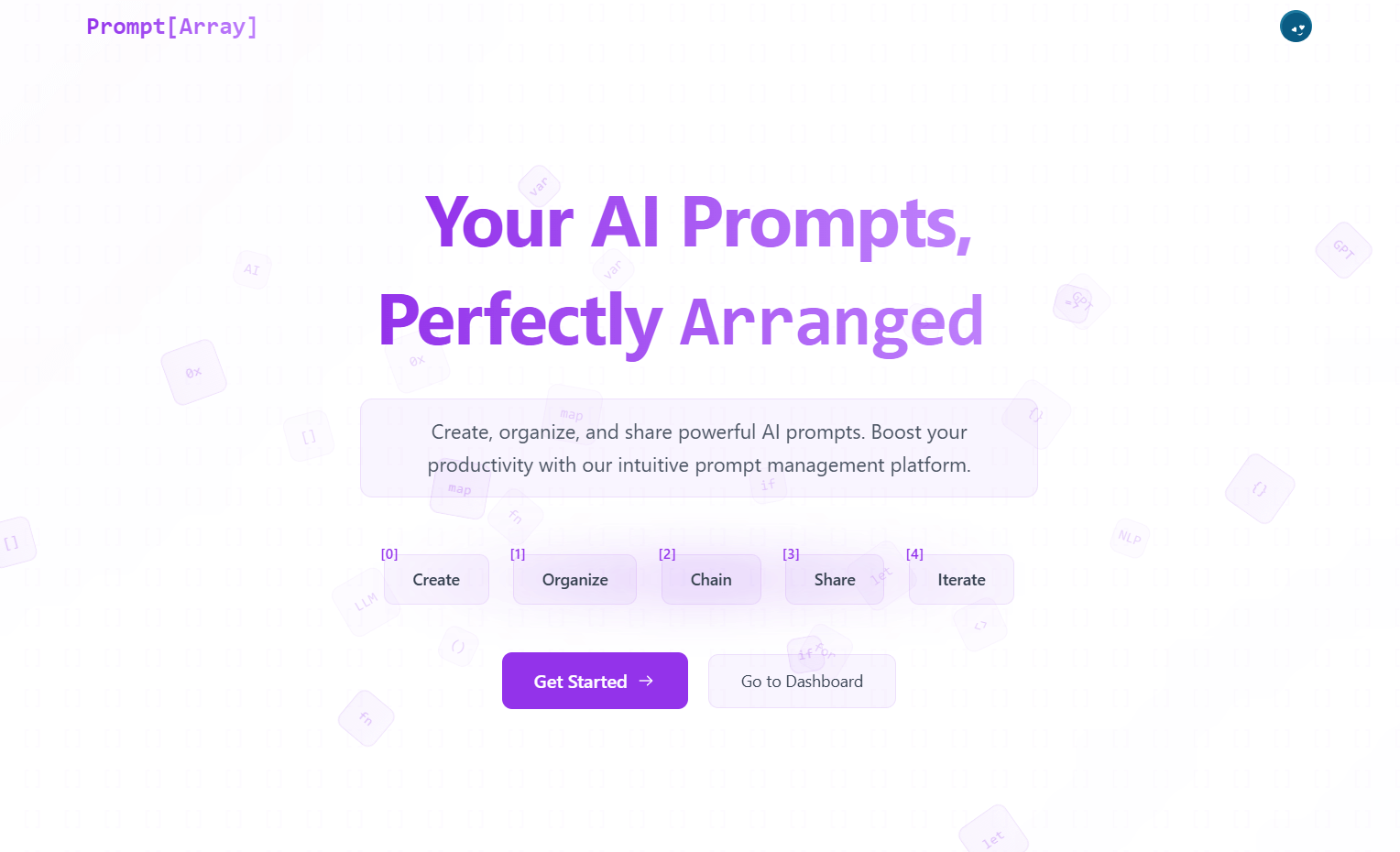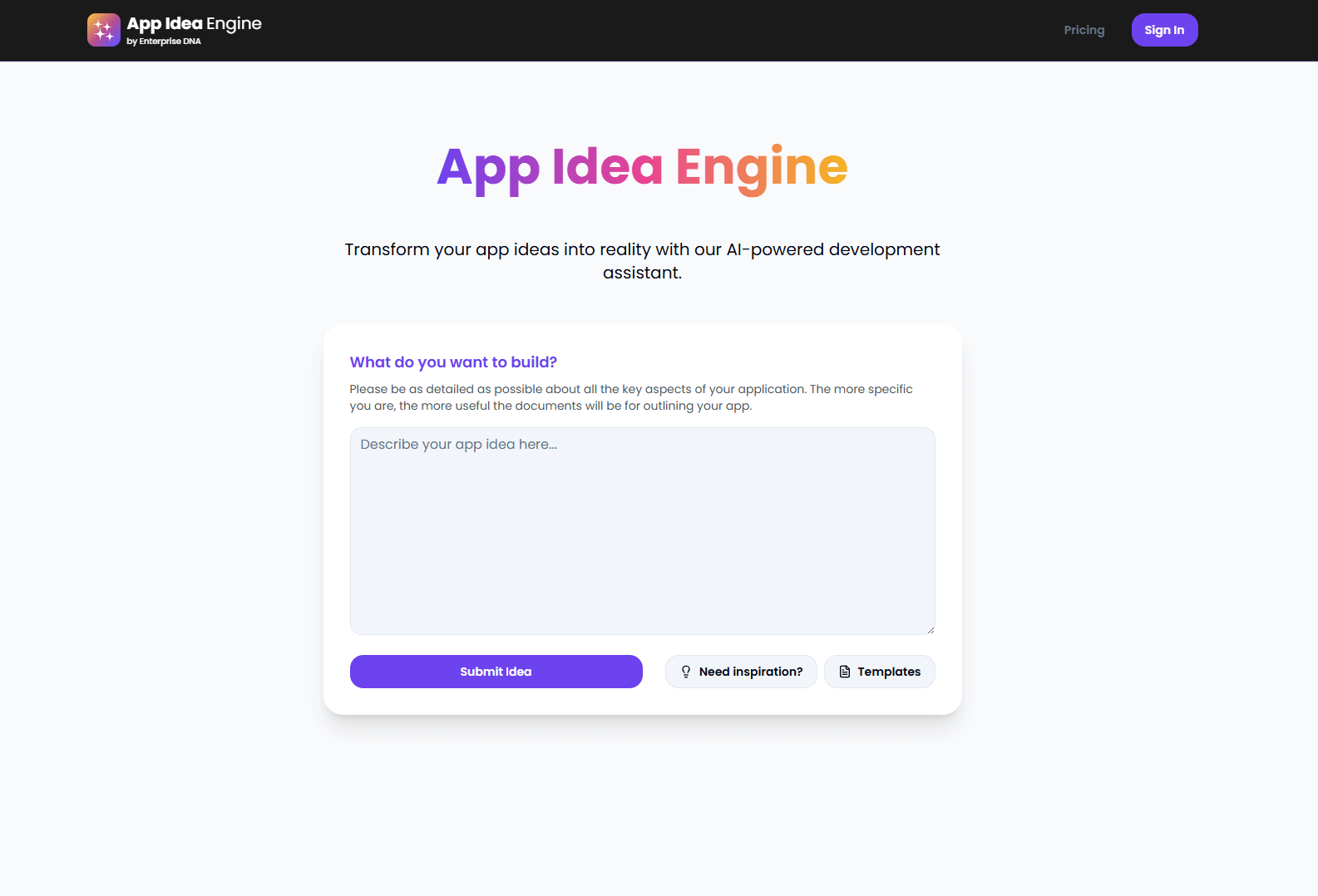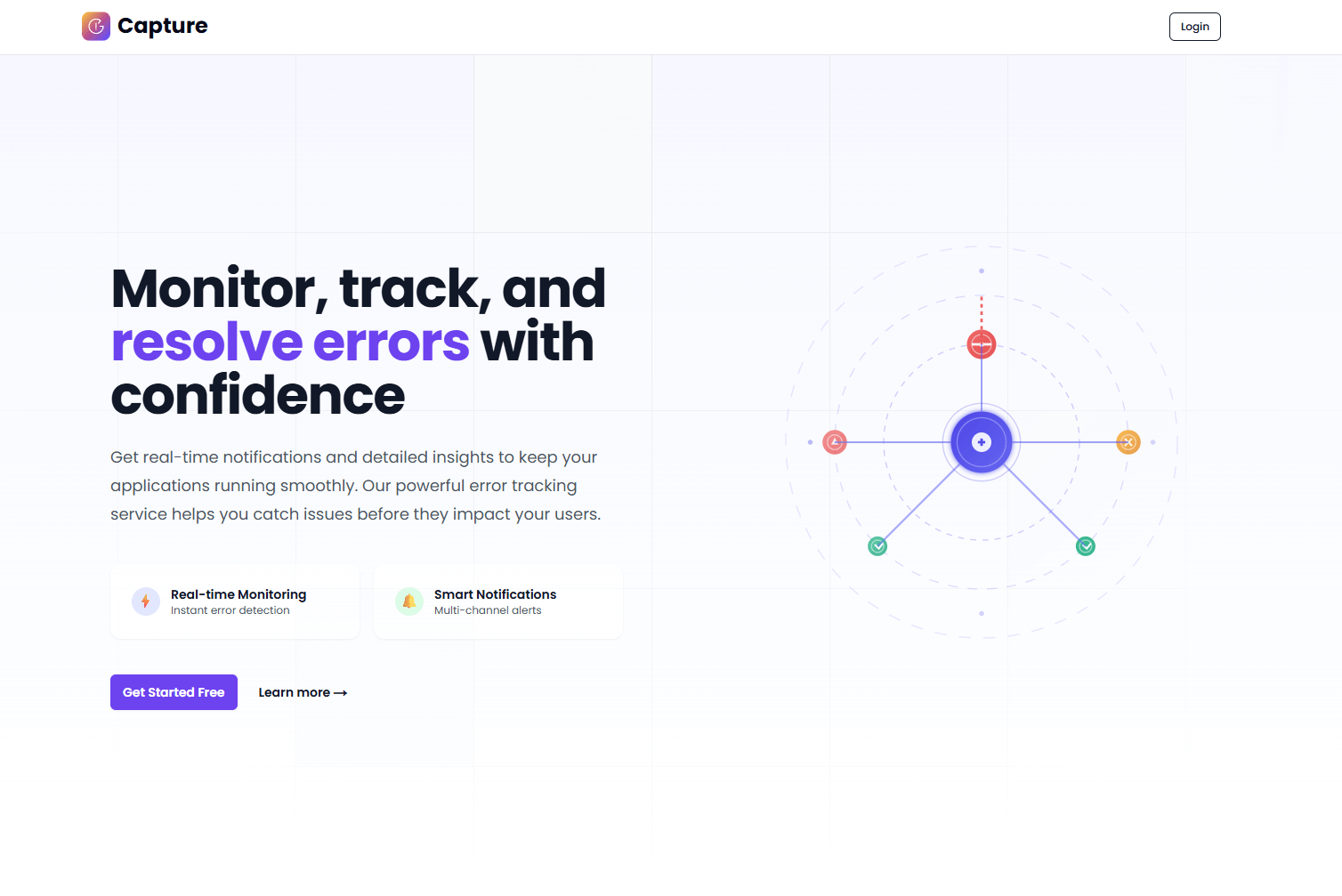Introduction to Statistics for Data Analysts II
Learn valid inference techniques for two-sample and two-variable data questions.
Trusted by 220,000+ people worldwide.
An outline of this training course
An essential skill for anyone working with data is the ability to identify relationships and draw effective conclusions. However, the challenge lies in determining whether those relationships are real or coincidental and how to recognize that uncertainty.
In Introduction to Statistics for Data Analysis I, Dr. Andrew Gard introduced key statistical techniques, focusing on how to implement and apply the appropriate tests when analyzing a single variable. In this course, he builds on those techniques, exploring statistical tools used to determine the relationship between two variables.
Data analysts will often want to answer questions about how multiple variables in a dataset are potentially related to one another, or how samples from different populations are potentially related. Throughout the course, he demonstrates how to utilize the appropriate tool to draw valid conclusions. His practical approach guides you through the process of selecting a test, common pitfalls to avoid, and how you can apply the techniques learned to real-life scenarios.
What are needed to take this course
Participants of this course must have basic knowledge and understanding of variable types, and descriptive and inferential statistics. No other advanced preparation is needed to take this course.
Although the demonstrations in the course are done in R, they are intended to be generalizable to Python or any other statistical software you choose to use. Knowledge of R is not a prerequisite for taking this course.
Who is the course for
Anyone working with data and attempting to draw constructive, generalizable conclusions from data
Details of what you will learn during this course
By the end of this course, you will:
- Possess a toolkit of statistical techniques to compare two potentially different samples of a single variable
- Possess a toolkit of statistical techniques to assess relationships between two variables in a single population
- Learn common pitfalls of two-sample and two-variable inference including over-generalization
- Gain an understanding of the dangers of data dredging
- Obtain the ability to apply two-sample and two-variable techniques in real-life data analysis
What you get with the course
- A three-hour self-paced video training
- Resource pack that includes data source files and R scripts
- One final assessment (Quiz)
Program Level
Intermediate
Field(s) of Study
Statistics
Instruction Delivery Method
QAS Self-study
***This course was published in April 2023
Enterprise DNA is registered with the National Association of State Boards of Accountancy (NASBA) as a sponsor of continuing professional education on the National Registry of CPE Sponsors. State boards of accountancy have final authority on the acceptance of individual courses for CPE credit. Complaints regarding registered sponsors may be submitted to the National Registry of CPE Sponsors through its website: www.nasbaregistry.org
What our
Students Say
Curriculum
Course Overview
Resources
Introduction
Two-Sample Inference
Two-Variable Inference
Course Wrap Up
Quiz
Your Feedback
Certification
Your
Instructor
Andrew Gard
Enterprise DNA Expert
- Creator of the popular YouTube channel, Equitable Equations, which teaches practical statistics, data science, and R programming
- Professor of mathematics and computer science at Lake Forest College, located near Chicago, USA
- Author of the R package fqar, which facilitates the analysis of large floristic quality data sets
- PhD in mathematics from The Ohio State University
- Area of specialization: data analysis with R. I integrate both domain expertise and technical data science to provide deep answers to real-world data questions while respecting and quantifying the uncertainty inherent in the data.
Frequently Asked
Questions
What’s the difference between a free account and a paid plan?
Do I need to know anything about data science or data analytics to get started with Enterprise DNA?
How will I be charged?
Can I get an invoice for my company?
Are refunds available?
Will AI take over the world and make data skills worthless?
Recommended
Courses

Comprehensive React Native and Expo Development


Get full access to unparalleled
training & skill-building resources
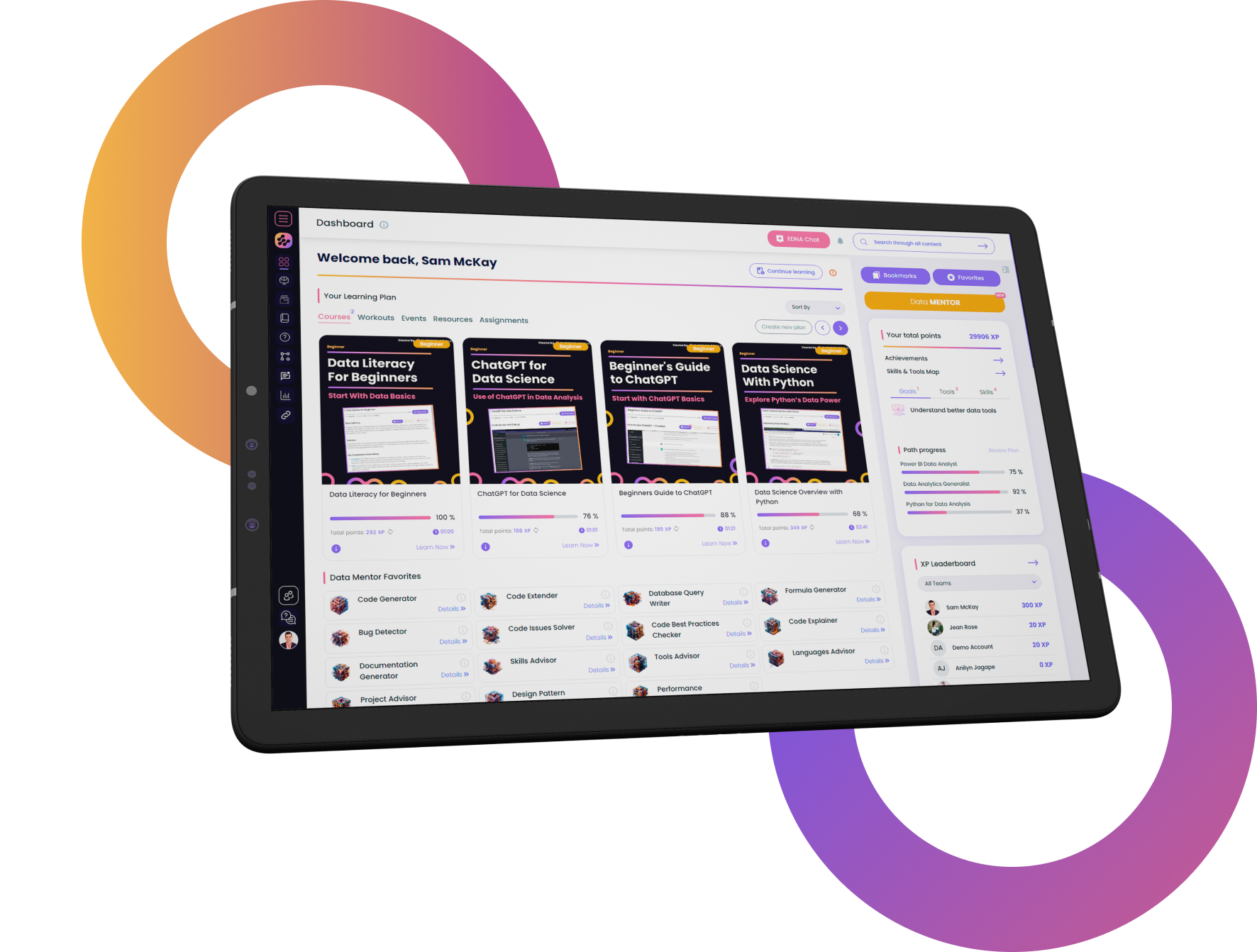
FOR INDIVIDUALS
Enterprise DNA
For Individuals
Empowering the most valuable data analysts to expand their analytical thinking and insight generation possibilities.
Learn MoreFOR BUSINESS
Enterprise DNA
For Business
Training, tools, and guidance to unify and upskill the data analysts in your workplace.
Learn More